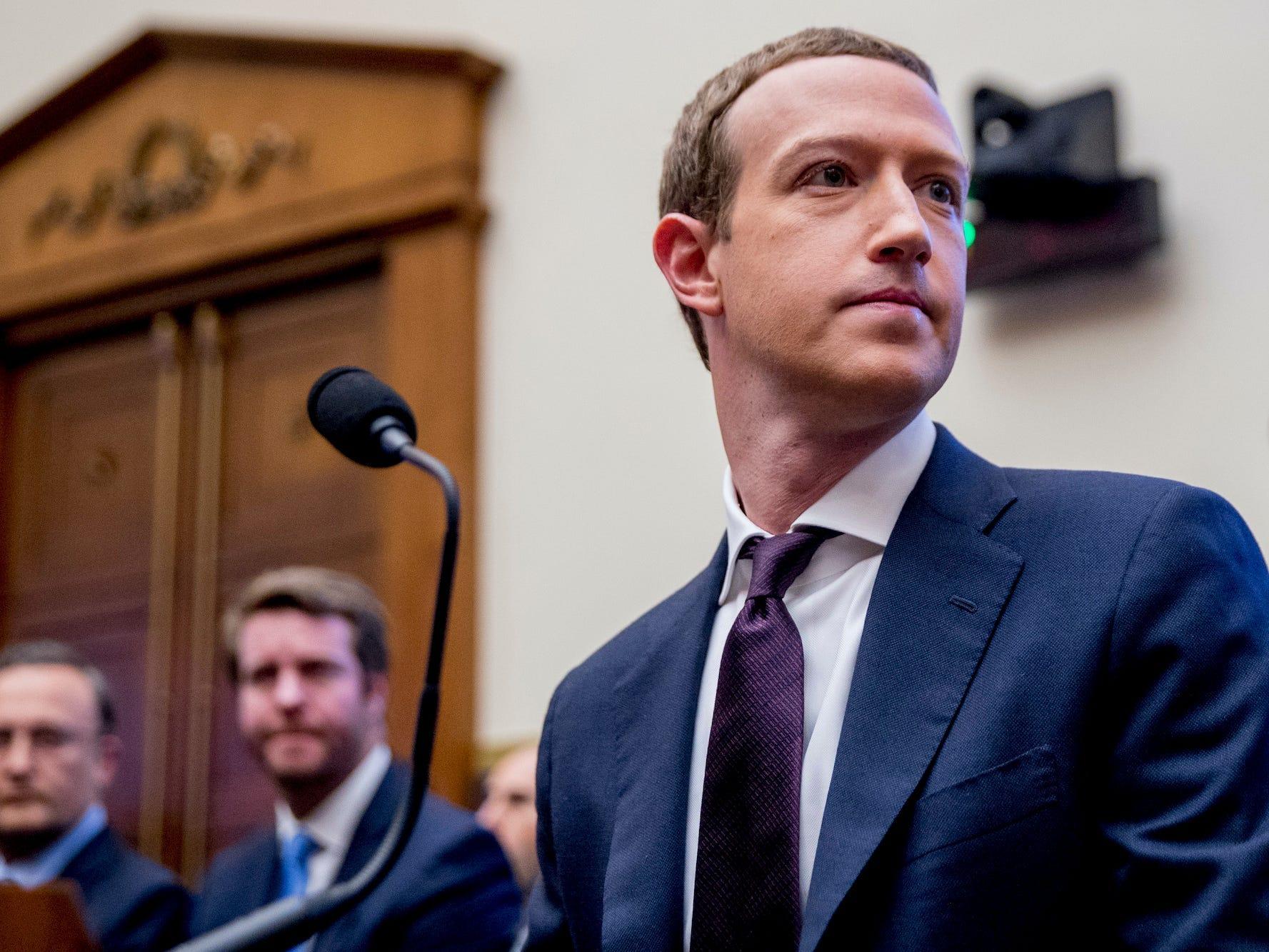John Ivison: Forget the Cold War, this cyber conflict is hot
The continual attempts to disrupt government and commerce ‘would be an act of war in a different era’ said one insider. ‘We’re in a conflict, it just looks a little bit different’

Article content
Two days before Superbowl LV in Tampa in early February, someone hacked into a water treatment plant in nearby Pinellas County and tried to poison Florida’s water supply. The unknown attacker used a password to break into the remote access software platform that controls the plant and adjusted the level of sodium hydroxide to more than 100 times normal levels – an act that would have had catastrophic consequences had a sharp-eyed operator not spotted the move and re-adjusted the chemical levels.
American investigators were contacted by Israel’s National Cyber Directorate, which has experience with water facility attacks, after a similar incident in 2020 that the NCD’s director said was “a changing point in the history of cyber warfare.” He noted that the attack against Israel was not accompanied by a ransom demand, suggesting it was not the work of cyber-criminals.
The source, or sources, of the attacks remains unknown, but it is apparent that cyber-espionage is not a benign activity.
Advertisement
This advertisement has not loaded yet, but your article continues below.
Article content
Canada’s adversaries in the cyber-sphere are constantly searching for vulnerabilities and trawling for administrator credentials.
Yet there is a remarkable lack of public outcry when it emerges that cyber-attacks were committed by Russia, China, Iran or North Korea.
The frontline defence against such bad actors is the Canadian Centre for Cyber Security (Cyber-centre), which issued a threat assessment last year.
“We judge it is very unlikely that cyber…


